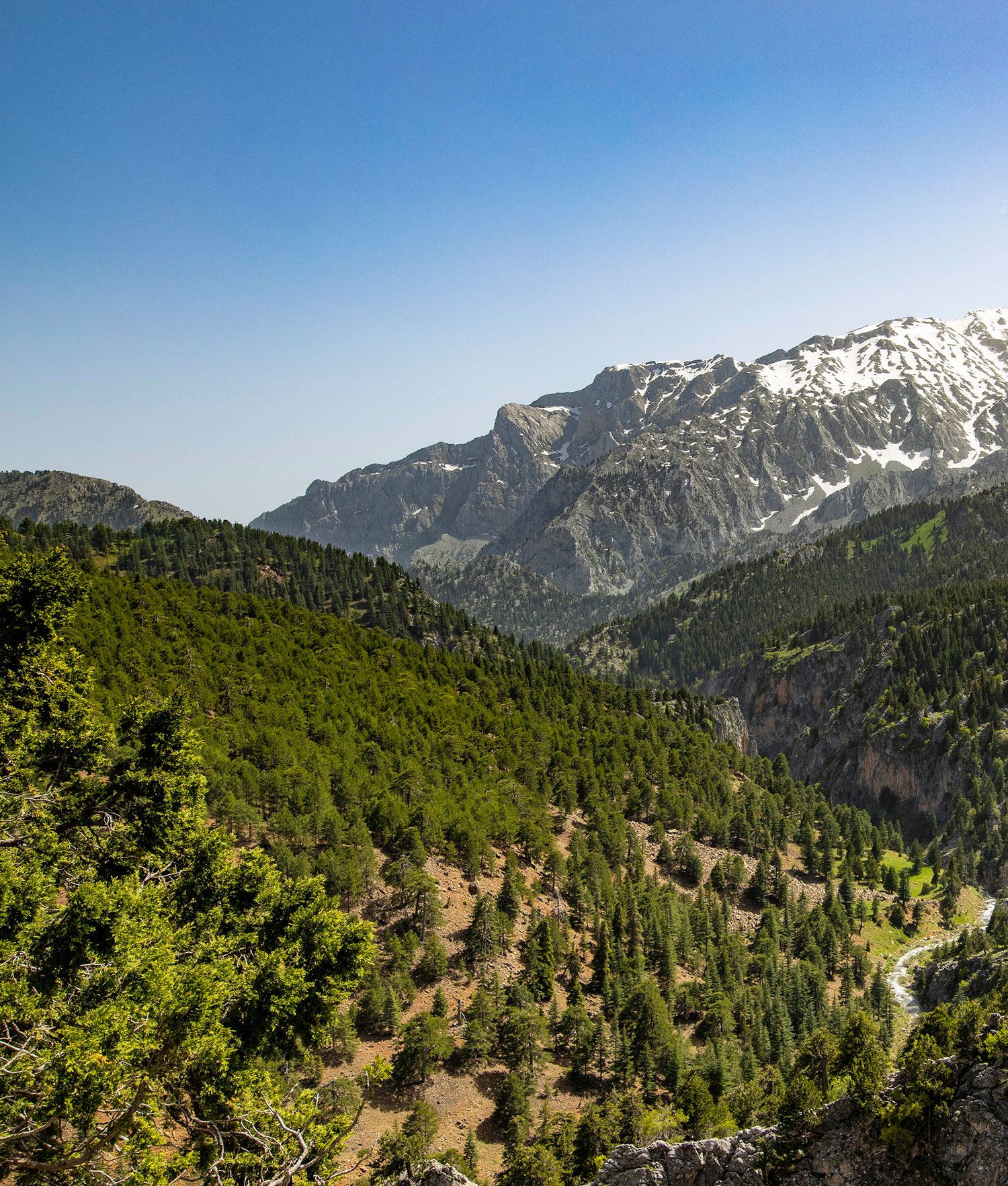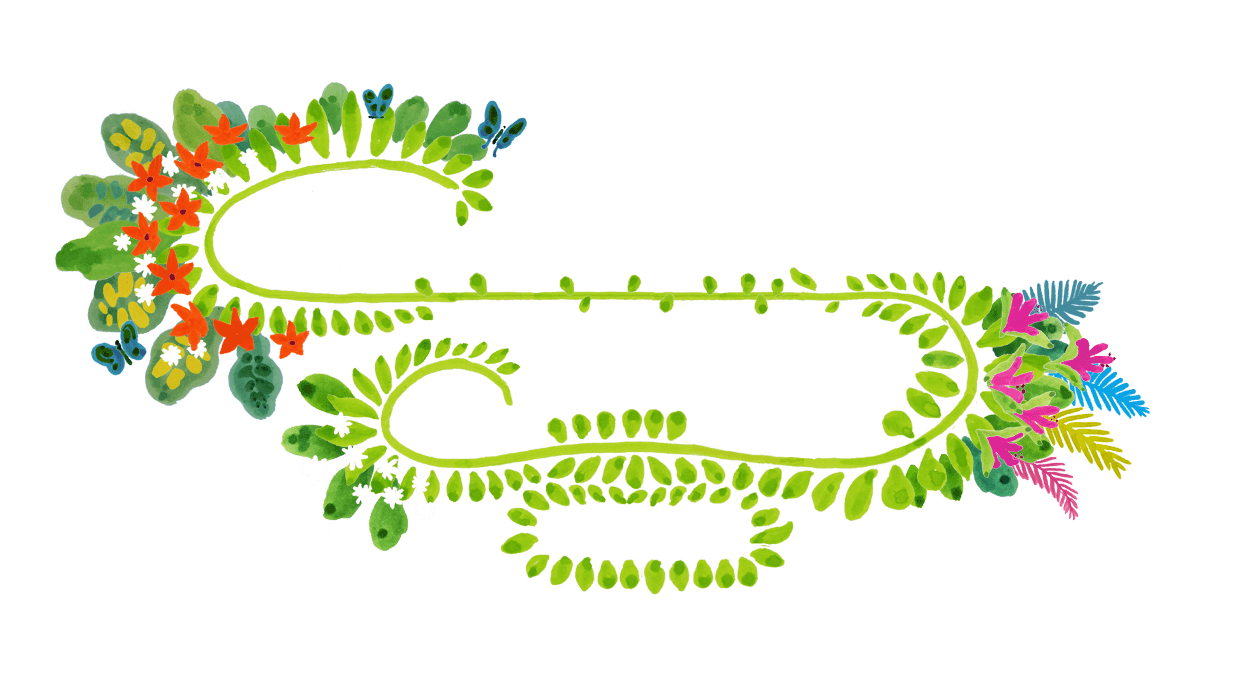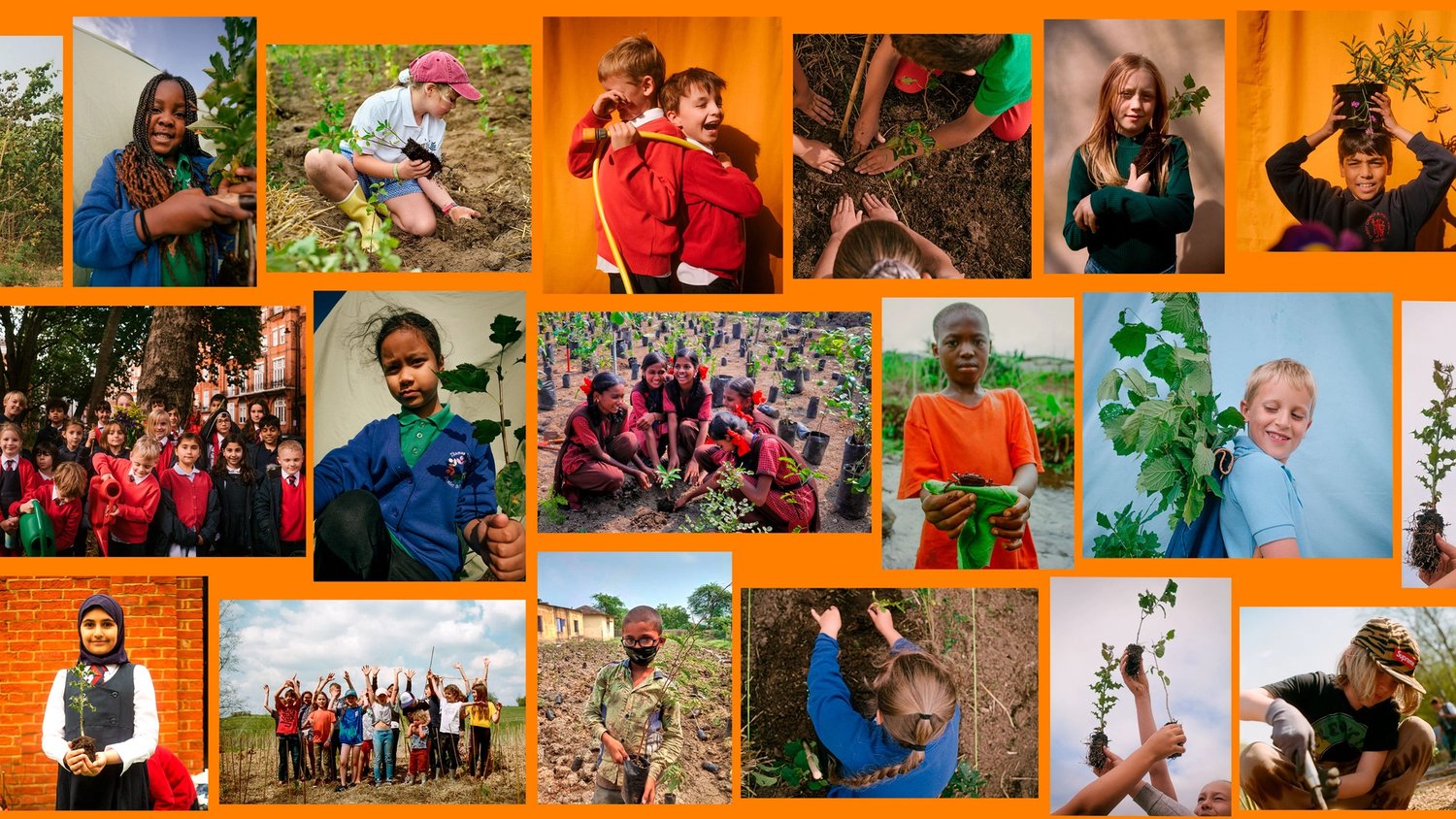
Insight
Children need nature to thrive
Planting forests in schools can improve mental and physical wellbeing of students
SUGi partners with schools across the globe to plant pocket forests closer to the classroom, bringing biodiversity back to playgrounds and nature back into school curriculums from Scotland to Australia.
There is mounting evidence that children need a relationship with nature to thrive. Greater access to a natural setting leads to better mental and physical health, and kids who have a stronger connection with their environment are also more likely to protect it and gain from the sense of mutualism.
Nowadays, children are separated from the natural world from an early age. As the Children and Nature Network reports, kids today spend less time playing outside than chickens or prisoners (less than 10 minutes a day). By contrast, they can spend up to 44 hours per week in front of a screen. And for too many, access to nature in cities is determined by race, income and zip code. However, this limited access to quality green space is detrimental to physical health and cognitive development.
By planting Miyawaki forests close to the classroom, SUGi can brings biodiversity back to a barren landscape, rewilds a nature-deprived curriculum and re-stimulates a child’s imagination. “The ability to go out and breathe the air and touch the soil can transform a child’s relationship to nature,” explains Tamsin Smith, head of strategy at SUGi. “Schools are the perfect playground for us because of this,” continues SUGi founder Elise Van Middlelem. “It enables us to reach a younger generation and grow our community of rewilders.”
Children need contact with nature for mental and physical health
Did you know that even seeing trees from school buildings can help foster better academic performance? This is because the greener the setting, the sharper the child’s focus. Learning in nature can improve a kid’s behaviour, help them build stronger relationships, reduce stress and anger, and heighten curiosity.
Exposure to green space can reduce hypertension, respiratory tract and cardiovascular illnesses, improve vitality and mood, soothe anxiety, and restore attention capacity and mental fatigue. Therefore, concludes the Children and Nature Network, “children who are connected to nature have better health, higher satisfaction with life, and pro-environmental behaviours.”
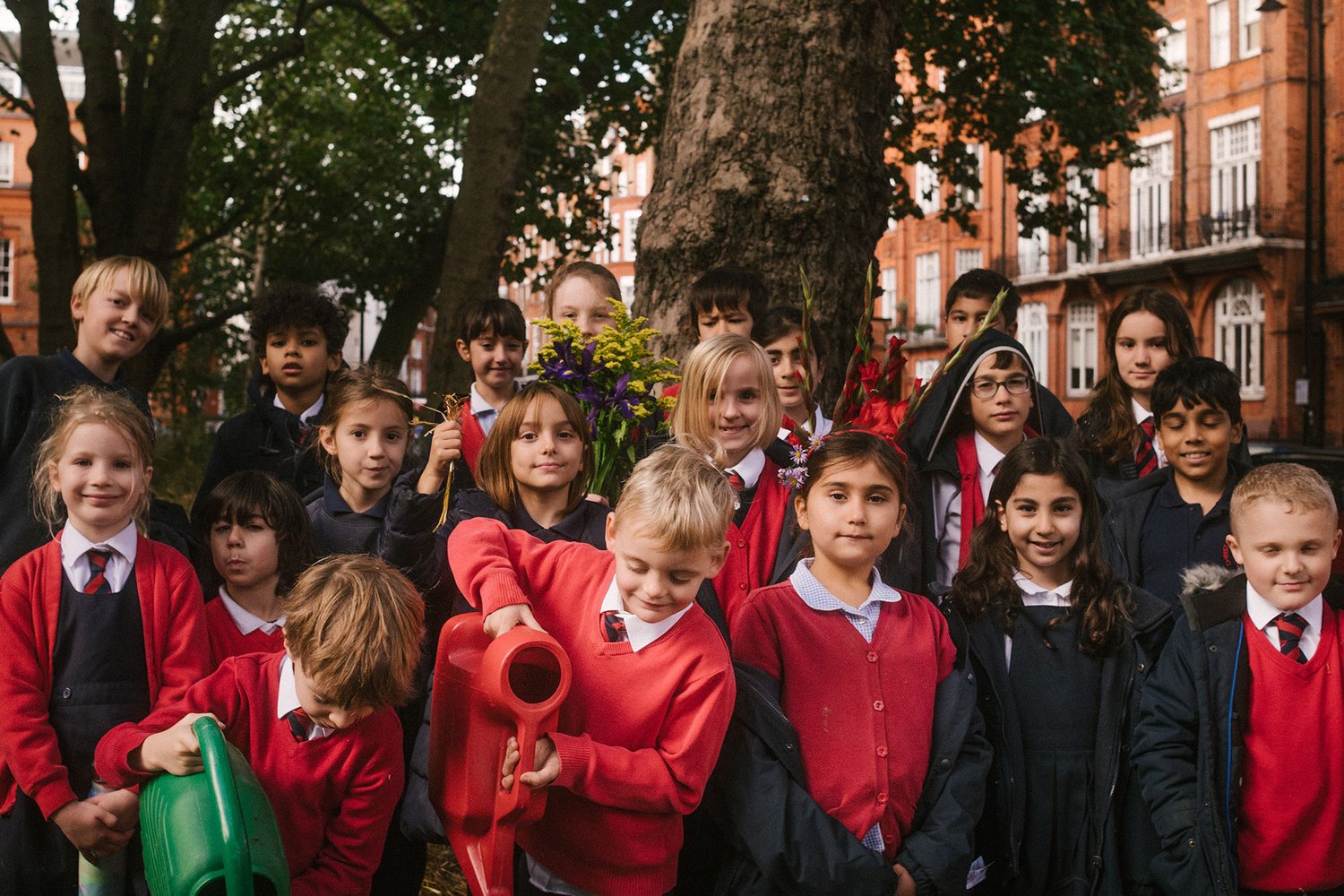
Exploration through outdoor experiences can increase a kid’s enthusiasm for learning
Children need to be outside more for their own well-being. By planting forest classrooms, SUGi physically brings the learning experience outdoors.
The desire to establish a nature-based curriculum inspired the teacher Hugo Newington Smith to collaborate with SUGi. Together with his students, they planted a 600sq m pocket temperate rainforest at St Columb Major Academy, Cornwall. “Many studies show that children learn better when outdoors,” he explains. It’s harder to concentrate indoors, and nature offers a non-judgemental space where children are free to be themselves. The pocket forest planted at St Columb Major Academy contains a circular area where the kids can sit and monitor biodiversity and take lessons in science and art. “We now live in a society with a recognised nature deficit disorder. How has it come to this? Children need and want to engage academically and practically with nature,” he laments.
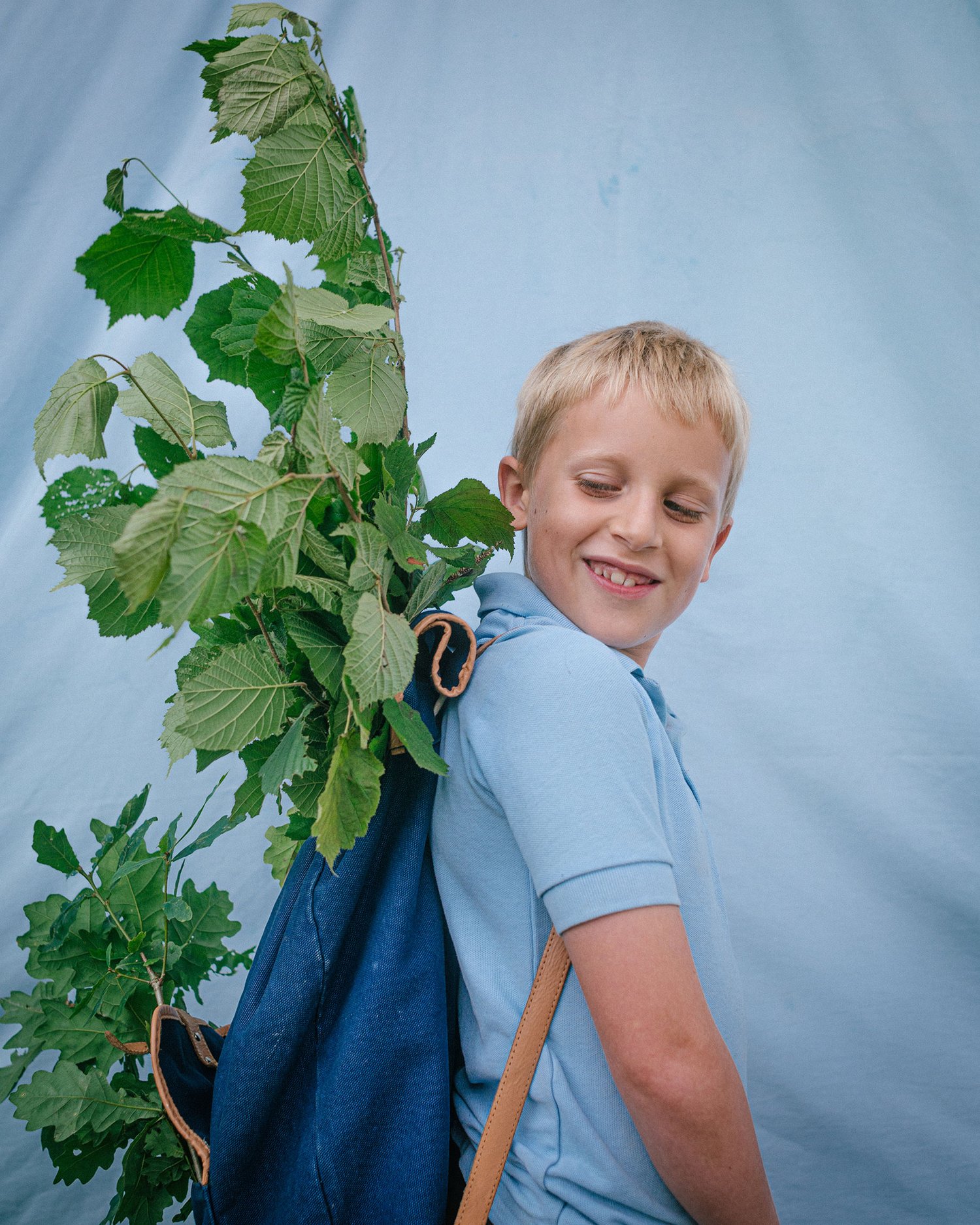
SUGi Outdoor ClassroomsForest schools allow for a necessary re-education around the environment
“If kids have the freedom to explore nature, they are naturally curious and animal and plant lovers,” Melissa Kendall, director of education at Lumiar Stowford school.
UK-based Lumiar Stowford is a self-funded school recentering education around sustainability and the environment. Together with SUGi, they planted a pollinator-friendly micro forest across 120sq m. “children are disengaged from learning in its current form,” explains Melissa. “The way someone learns is by applying knowledge to something practical.”
“We are the only species that make our children sit down at a desk rather than learning through play and demonstration,” continues Hugo. By actually getting their hands in the soil, children can actively apply their knowledge and understand how forests offer solutions to the climate crises. “Our students were incredibly excited to be involved with a tangible project where they were actually creators,” Hugo concludes.
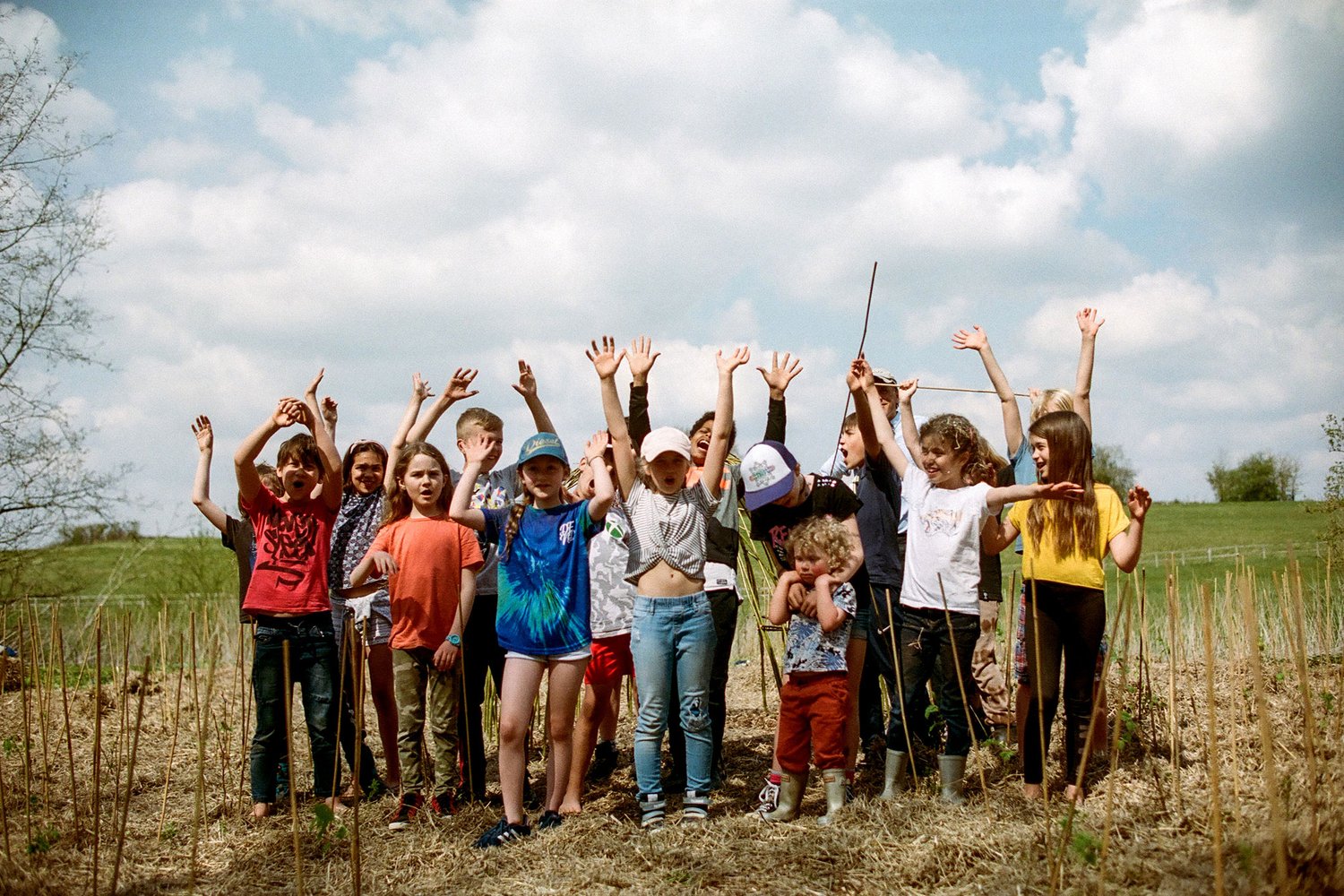
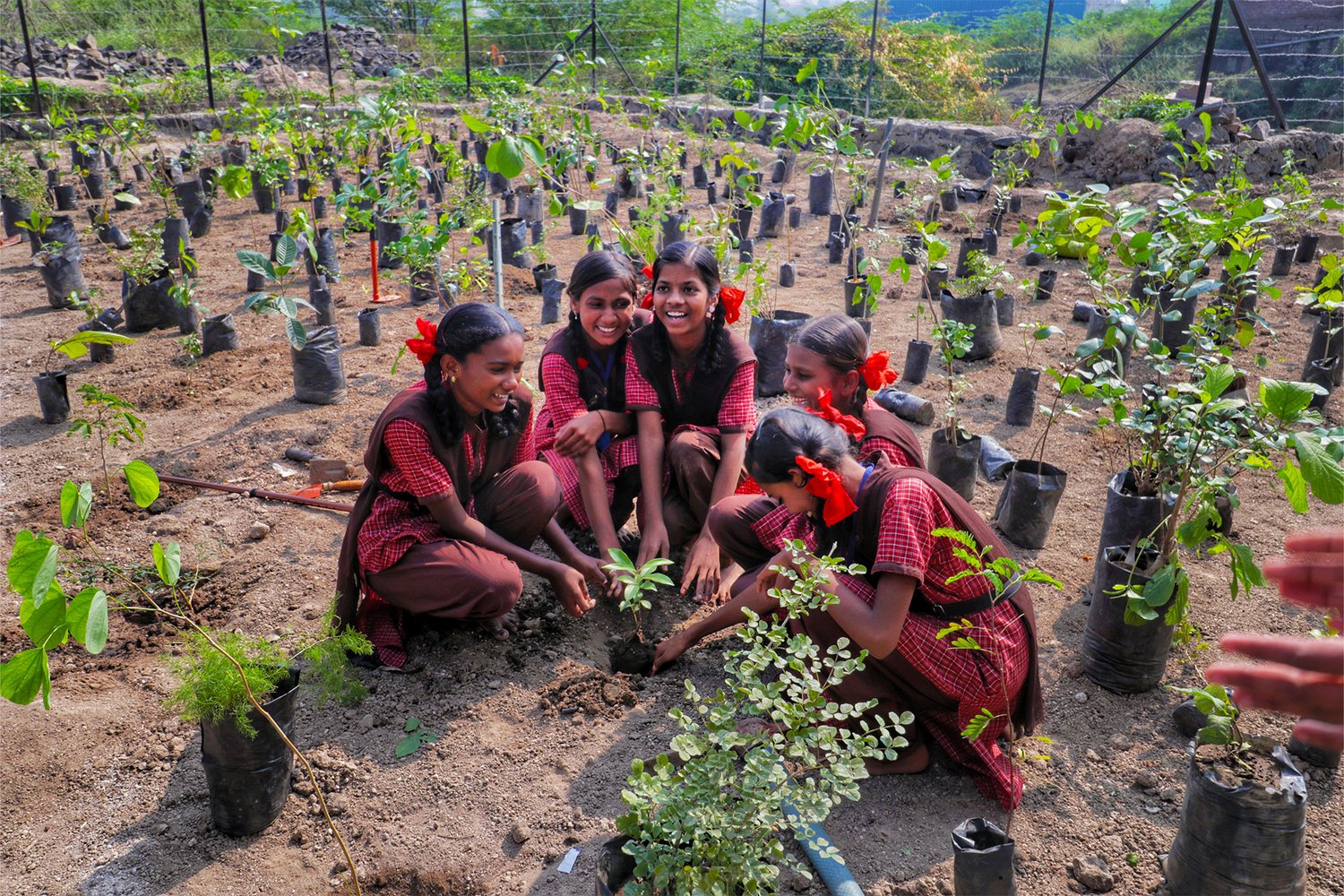
Nature play encourages care for the Earth
Children who feel a stronger connection to the natural world are also more likely to work towards protecting it. As the Children and Nature Network reports, “time in nature during childhood and role models who care for nature are the two biggest factors that contribute to environmental stewardship in adulthood.”
Greater access to biodiverse spaces such as the Miyawaki forests planted by SUGi can help foster this nurturing instinct. But for a reciprocal relationship to form between people and the Earth, it has to go beyond just being in this type of space; children must learn how to tend the forest.
When Ecosattva collaborated with SUGi to plant over 100 forests across 100 schools in Aurangabad, India, its main intention was to involve the students in the tree planting process as much as possible. With every school project, SUGi makes sure this happens, with a forest maker teaching a class beforehand.
“If you don’t give the children this responsibility, then they aren’t going to feel attached to the forest,” explains Apurva Mujumdar, COO at EcoSattva. “The students are expected to look after the forest, take on a role and educate those who come after.” Drought-prone regions like Aurangabad lack green cover. So it’s crucial that the students learn how forests can contribute to a better environment by managing rainfall and providing shade.
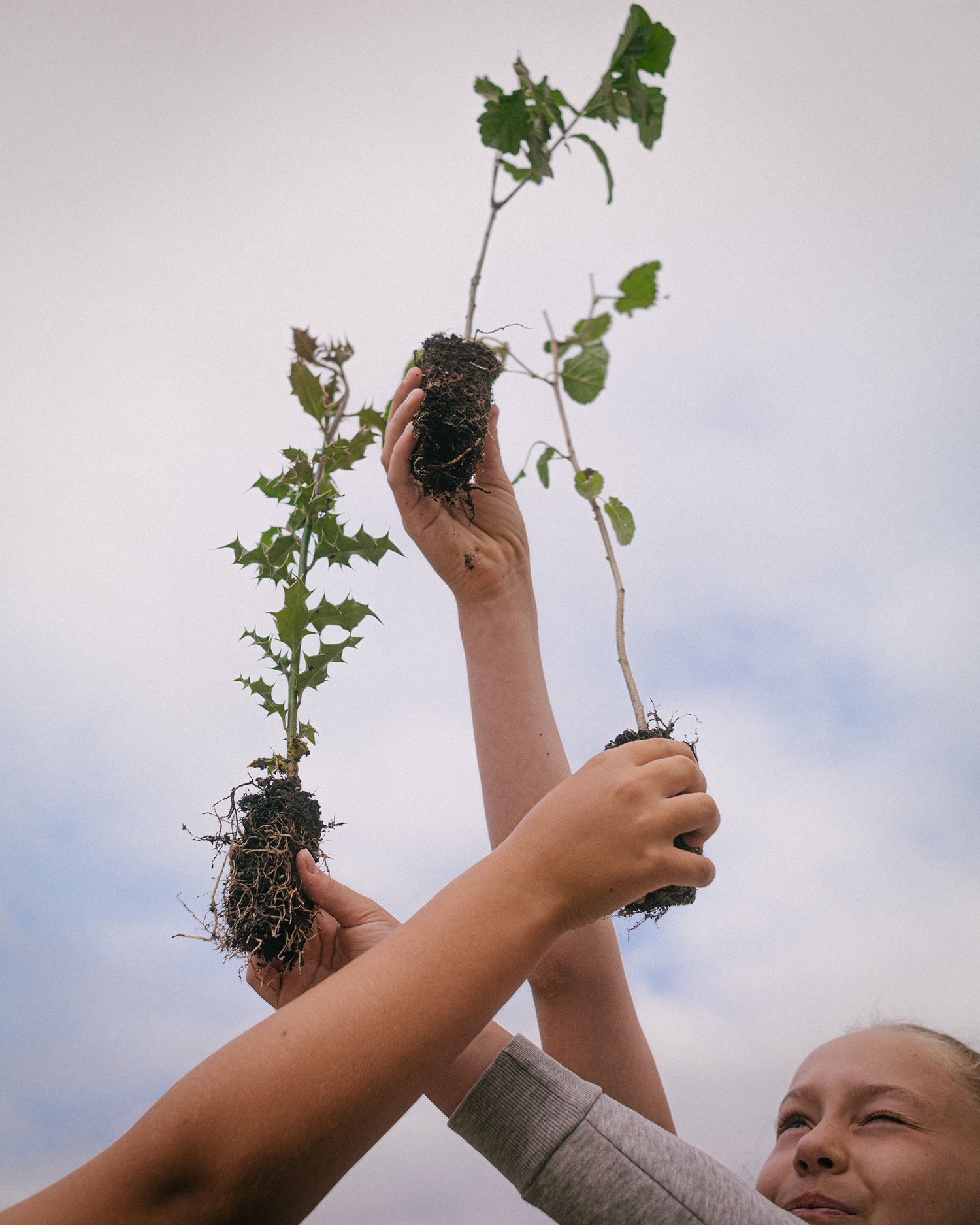
Children and the forest are the future
“The forest and the children are our future,” James Godfrey-Faussett, lead forest maker at SUGi.
Children are the change-makers of the future; by planting forests close to their classrooms, SUGi can be part of the great re-education needed for a brighter and better future, helping nurture the environmental stewards of tomorrow. To plant a forest is to build a legacy, and it’s the greatest gift we can give to the next generation.


